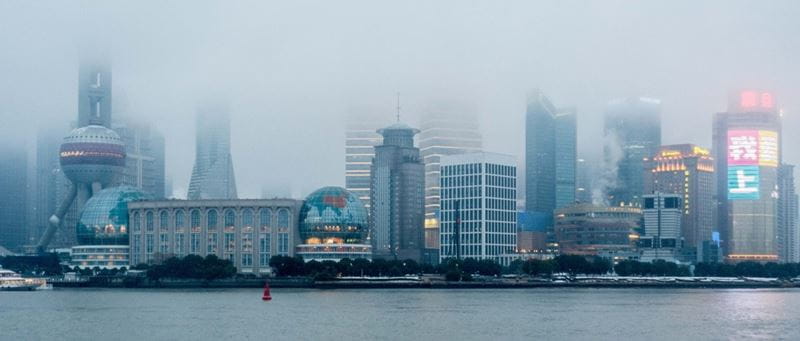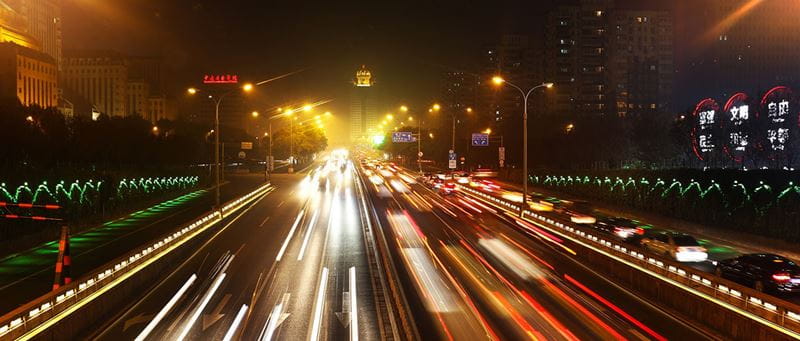Beijing often figures in the first tier of innovation ecosystem rankings. It has one of the largest populations of start-ups in the world, and is a prolific breeding ground of tech unicorns (numbering 63 in early 2019). Yet, in some measures, China’s capital has yet to match the activity levels of other cities, suggesting it should still be considered as an “up and coming” innovation hotspot. For example, looking at venture capital (VC) funding of emerging tech firms, in 2015-17 (the most recent complete data available) the absolute number of deals made was less than in the other hubs profiled by The Economist Intelligence Unit. The cumulative value of those deals was, however, considerably larger.
A closer look reveals where Beijing’s emerging technology strengths lie—in the complementary fields of artificial intelligence (AI) and advanced manufacturing. These are technology domains that the central government has targeted for accelerated development in its ambitious “Made in China 2025” strategic plan, and the Beijing regional government is putting its own muscle behind this in the city in a number of ways. Beijing is already home to well over a thousand companies specialising in AI.
Reports suggest that tech start-up activity in China’s cities has cooled in recent years, owing in part to a slowdown in domestic economic growth and the escalation of US-Chinese trade tensions. The latter—and the headwinds pressing on China’s technology sector in particular—may well temper Beijing’s attraction to international investors in the near term, but the state-influenced drive to develop and commercialise innovation in AI, advanced manufacturing and other emerging technologies is unlikely to wane.
Communities and networks
Beijing’s tech innovators value the exchange of ideas and advice with their local peers as much as those in any western city. While organised community events and meetings are popular forums for such activity in the US and Europe, in Beijing (as in other Chinese cities) much peer networking tends to occur in more informal social settings and also on the WeChat social media platform. Even so, on the popular Meetup community platform, there are currently around 130 groups in the city bringing together professionals on different technology themes, including AI and machine learning, manufacturing disciplines such as 3D printing, and blockchain.
The locus of much of Beijing’s tech innovation activity, both in terms of start-up growth and corporate research and development, is Zhonggcuancun Science Park in the city’s north-west. The sprawling district houses some of the city’s most prominent tech accelerators and incubators, including Innovation Works, Legend Star, Tsinghua University Science Park and Microsoft Accelerator (which focuses on AI). The regional Beijing government plans to invest USD2.1bn to build an AI development centre in Zhonggcuancun, part of the central government’s aim to catapult China to the position of the world’s preeminent AI power in the next decade. Once built, the centre is expected to house up to 400 AI start-ups.

The supporting environment
The presence of multiple universities with strong academic and research credentials in advanced technology fields is a core feature of world-class innovation hubs. Beijing is no exception, boasting 91 universities overall. Among them are Tsinghua University, which recently established a research institute for AI as well as a research scholarship programme in blockchain; Peking University, where the prestigious College of Engineering offers degree courses in fields such as materials science and nanotechnology; and Beihang University, which trains students and conducts original and applied research in advanced manufacturing fields such as aerospace, materials science and industrial automation.
Strength in high-tech research bodes well for the long term innovation prospects for the capital. That 80 per cent of Chinese students who get degrees abroad now return—up from just a third in 2007—is yet more evidence than China is an attractive place for young talent, as cities such as Beijing now compete with Silicon Valley on more equal terms. China’s rising tech scene is reaching a stage of maturity and dominance.


